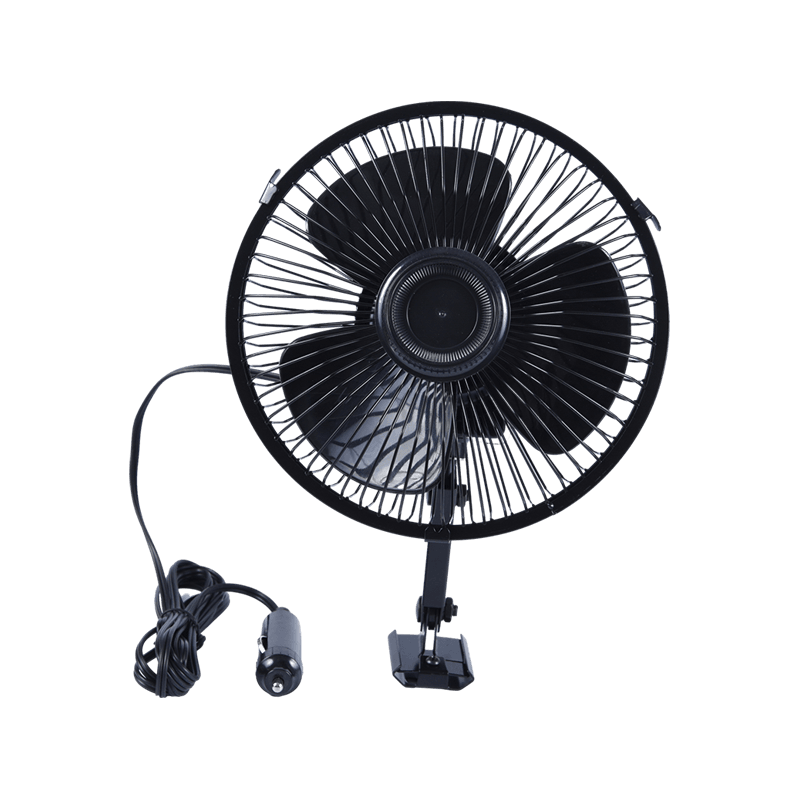A Vehicle Air Compressor is a critical component in automotive systems, responsible for functions such as tire inflation, air conditioning, and braking in some vehicles. Despite its importance, these compressors can encounter various issues that affect performance and longevity.
Types of Vehicle Air Compressors
Vehicle Air Compressors are categorized based on design and function. Common types include reciprocating compressors, which use pistons to compress air, and rotary compressors, which employ rotating mechanisms. Another type is the scroll compressor, often used in air conditioning systems. Each type has distinct operational characteristics, influencing their susceptibility to specific problems.
Applications of Vehicle Air Compressors
These compressors serve multiple roles in vehicles. Primary applications include supplying compressed air for tire inflation systems, operating air suspension setups, and powering air brakes in larger vehicles. In climate control systems, Vehicle Air Compressors are integral to the refrigeration cycle, enabling cooling and heating functions. Understanding these applications helps identify context-specific issues.
Common Problems with Vehicle Air Compressors
Vehicle Air Compressors can experience several mechanical and operational issues. Overheating is a frequent problem, often caused by inadequate lubrication or excessive load, leading to component wear. Air leaks may occur due to seal degradation or hose damage, reducing efficiency. Another issue is reduced airflow, which can stem from clogged filters or internal blockages. Electrical failures, such as faulty wiring or relay issues, are also common in electrically driven compressors. Additionally, wear and tear from prolonged use can result in decreased performance or complete failure.
Comparison of Compressor Types and Associated Problems
Different types of Vehicle Air Compressors exhibit varying problem profiles. Reciprocating compressors are prone to piston and valve wear, which can cause noise and inefficiency. Rotary compressors may suffer from rotor blade issues or oil contamination. Scroll compressors, while generally quieter, can experience scroll damage due to debris ingestion.
Frequently Asked Questions (FAQ)
-
What are the signs of a failing Vehicle Air Compressor?
Indicators include unusual noises, reduced cooling in air conditioning, slow tire inflation, or visible air leaks. -
How can problems with a Vehicle Air Compressor be prevented?
Regular maintenance, such as checking lubrication levels, inspecting seals, and cleaning filters, can mitigate issues. -
Are certain Vehicle Air Compressors more durable?
Durability depends on design and usage; for example, scroll compressors may have longer lifespans in controlled environments, but all types require proper care. -
Can environmental factors affect Vehicle Air Compressor performance?
Yes, extreme temperatures or dusty conditions can accelerate wear or cause blockages.
Vehicle Air Compressors are essential for various automotive functions, but they are susceptible to problems like overheating, leaks, and wear. By understanding the types, applications, and comparisons, users can better identify and address these issues. Regular inspection and adherence to maintenance guidelines are recommended to ensure reliable operation.


 English
English Português
Português عربى
عربى 中文简体
中文简体











